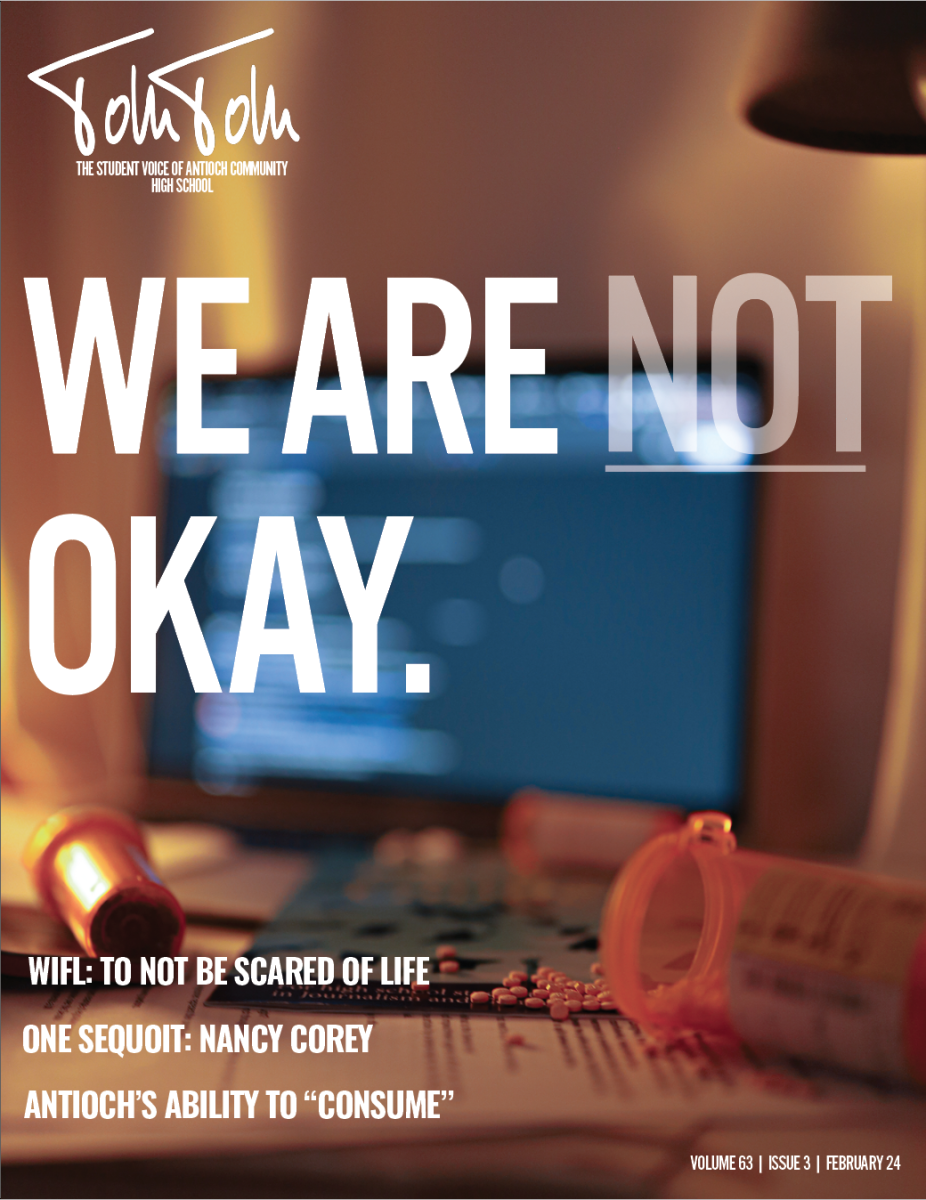
As of Sept. 18, 2023, Illinois ended the practice of cash bail, meaning that judges in Illinois can no longer order people to pay money to get out of jail while waiting for trial. This also means that people who can not afford bail will no longer be sent back to jail. Illinois has become the first state to do this as a part of the SAFE-T Act, in a section called the Pretrial Fairness Act. According to ABC7, the SAFE-T act has faced many legal challenges and delays, due to the varying opinions on the issue.
Many advocates feel this decision was much needed. Since many people can not make bail, some people are stuck in jail for years serving time for crimes they did not commit. Other advocates point out that cash bail targets certain groups. According to NPR, the state concluded that cash bail disproportionately affects African Americans, Latinos and low-income individuals. According to KSDK, 36% of African American men receive higher cash bail than white men, regardless of the crime committed.
Opponents of the Pretrial Fairness Act claim that this will make crime increase. According to ABC7, many opponents also say that this creates a system that is against the victims. They also fear that releasing people will cause them to commit more crimes.
Now with the new policy, when a person is arrested, a judge will review their criminal history and assess whether they are a risk to society. The charge will also matter if someone is facing a serious charge such as murder, aggravated assault, sexual assault or other violent crimes. For nonviolent crimes, the person accused could be sent home or put on house arrest until trial. As for the people currently in jail due to not being able to pay cash bail, according to KSDK they will have a pretrial in the next 90 days.
Only time will tell how no cash bail will affect Illinois’s crime rate. It has yet to be determined if other states will follow Illinois’s lead and end cash bail.














